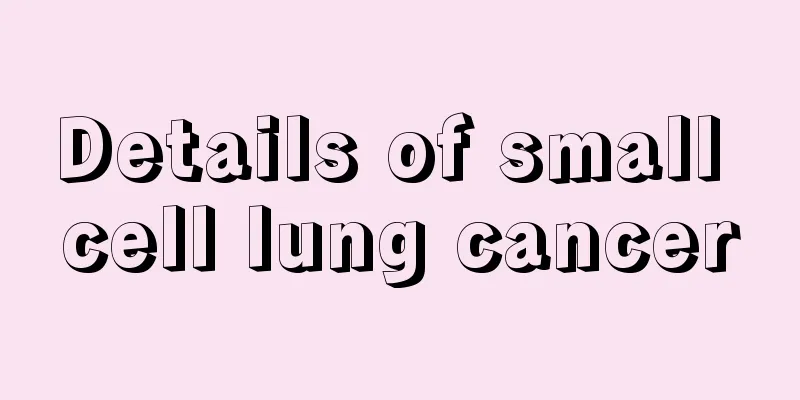What causes prostate cancer?

|
The occurrence of prostate cancer is related to multiple factors such as genetics, environmental factors, physiological factors, trauma and pathology. Treatment methods include drug therapy, surgical treatment, radiotherapy and dietary adjustment. 1. Genetic factors play an important role in the development of prostate cancer. People with a family history of prostate cancer have a significantly increased risk of the disease. Gene mutations such as BRCA1 and BRCA2 are also associated with the development of prostate cancer. It is recommended that people with a family history undergo regular prostate-specific antigen (PSA) testing. 2. Environmental factors include dietary habits and exposure to chemicals. A high-fat diet, excessive intake of red meat, and a diet lacking in fruits and vegetables may increase the risk of prostate cancer. Long-term exposure to certain chemicals such as cadmium and pesticides may also lead to prostate cancer. It is recommended to maintain a balanced diet, reduce the intake of red meat and fat, and increase the intake of fruits and vegetables. 3. Physiological factors such as age and hormone levels are also important causes of prostate cancer. The incidence of prostate cancer increases significantly with age. High levels of male hormones such as testosterone may promote the growth of prostate cancer cells. It is recommended that middle-aged and elderly men have regular physical examinations to monitor hormone levels. 4. Pathological factors such as trauma and prostatitis may also increase the risk of prostate cancer. Trauma or long-term inflammation of the prostate may lead to abnormal cell proliferation. It is recommended to avoid trauma to the prostate area and treat prostatitis in a timely manner. Treatments include drug therapy such as anti-androgen drugs, chemotherapy drugs and targeted therapy drugs; surgical treatment such as prostatectomy, radical prostatectomy and laparoscopic prostatectomy; radiotherapy such as external beam radiotherapy and internal radiotherapy; dietary adjustments such as increasing the intake of foods rich in antioxidants and reducing the intake of high-fat foods. The occurrence of prostate cancer is the result of the combined effects of multiple factors. Understanding these factors and taking corresponding preventive and treatment measures can effectively reduce the risk of disease and improve treatment effects. Regular physical examinations and a healthy lifestyle are the key to preventing prostate cancer. |
<<: Is it right not to treat lung cancer in an 80-year-old man?
>>: Main symptoms of skin cancer
Recommend
The benefits of green coconut juice
Coconut is a fruit that is deeply loved by people...
Why are the eye bags getting bigger
Eye bags are a common phenomenon in normal times....
How to wash mulberries
When mulberries are ripe, their color will turn i...
What to do if you get a fever after being stung by a bee
Bees are good friends of human beings and a commo...
What is the secret recipe of traditional Chinese medicine for treating thyroid cancer
What is the secret recipe of TCM for the treatmen...
What foods can prevent and treat esophageal cancer
People who smoke and drink frequently will be mor...
How to prevent aconite poisoning
Although aconite can be used as a medicine, if yo...
What causes small intestinal cancer? Can improper diet cause small intestinal cancer?
As the incidence of small intestinal cancer gradu...
What to do if your face turns red due to heart problems
A bad heart can lead to many problems. For exampl...
How to wash down jackets cleanly and easily
In the cold winter, down jackets are a type of cl...
Are crabs from rivers generally edible?
Many naughty children like to catch crabs in the ...
Can people with hyperthyroidism eat seafood? Hyperthyroidism patients must know this
Hyperthyroidism refers to excessive secretion of ...
Does the new sofa contain formaldehyde?
Many people worry about whether it contains a lot...
What are the symptoms of gastrointestinal cold?
Gastrointestinal cold is actually a cold caused b...
Herpes symptoms and diagnostic basis must be read
Herpes is a skin disease caused by herpes virus i...









